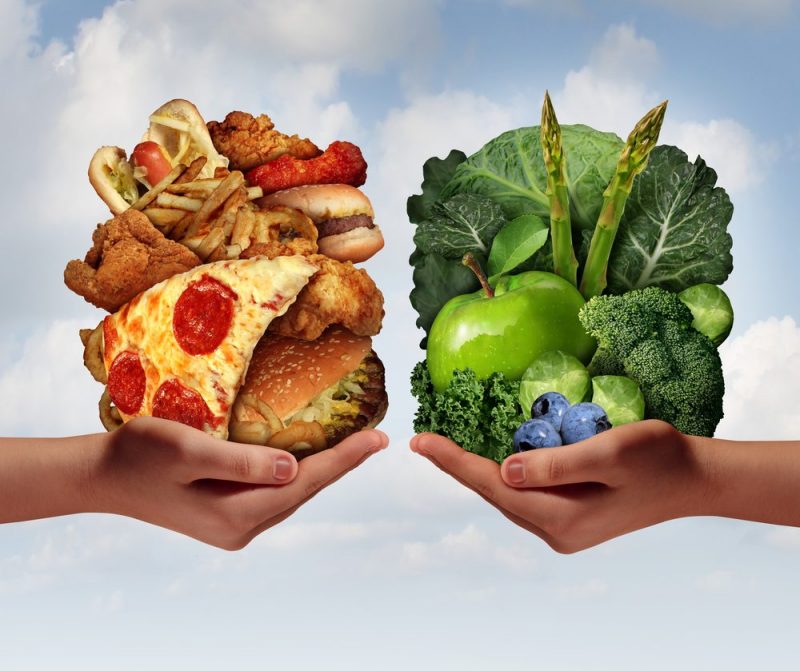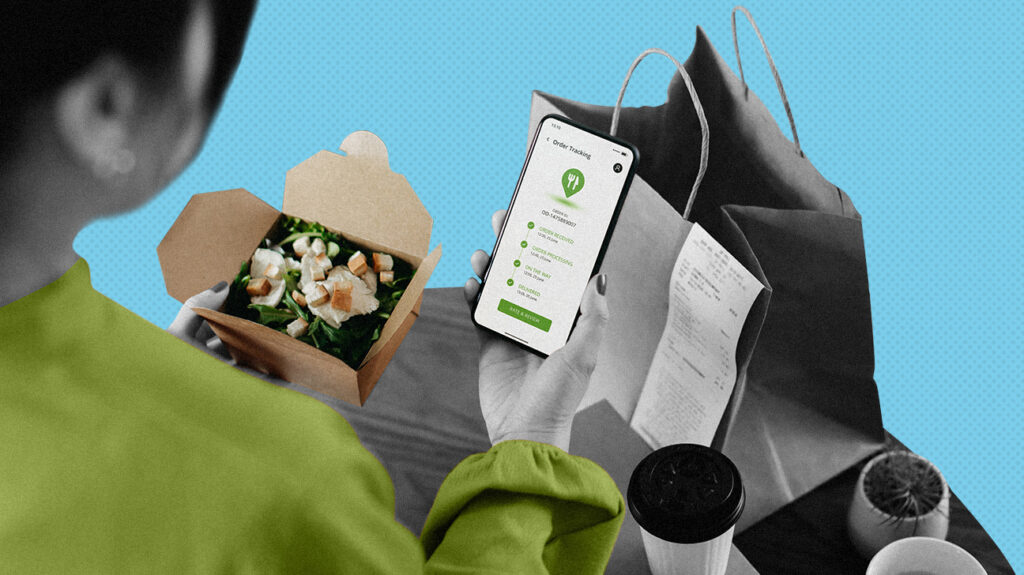
Gluten-free diets help you lose weight and eliminate high-calorie foods. You will need to avoid gluten and learn to read food labels. This will help you adopt healthy eating habits. Research has shown that informed eating is good for your health. It can reduce binge-eating and help you avoid unhealthy food choices. You can avoid gaining extra weight by measuring portions. And keep in mind that it is possible to lose weight on a gluten-free diet.
A gluten-free diet can help you lose weight. This type of diet can help you not only lose weight, but it can also help you build muscle. This diet should not be used to replace regular exercise. It can increase your appetite. It can also lead to cancer and heart disease. Before you try a gluten-free diet, it is important to talk with your doctor. This information will help you to understand the diet better.

You can lose weight with a gluten-free diet without having to eat more calories. You will find that this diet is easy to follow. Other than avoiding the foods you love most, it is possible to make gluten-free dishes by replacing pasta with vegetables or making pizza crusts out of cauliflower. You can also cook homemade soup with rice and noodles instead. A gluten-free cookbook can be a wonderful resource for helping you create new delicious recipes. Supplements are an essential part of a healthy diet. A registered dietitian may be able to help you pick the best.
Although a gluten-free diet might not suit everyone, if you are able to stick with it for the long-term, it can make all the difference. If you want to lose weight, however, using certified baking ingredient in baked goods may help to cut calories. Don't worry! There's a solution. You can find gluten-free foods with high nutritional content and little to no gluten.
If you're considering a gluten-free diet, you should be aware of some of the risks associated with it. It can cause blood sugar fluctuations that can lead to obesity or overeating. Gluten-free diets can help you improve the nutrition of your food and lose weight. This diet is rich in nutrition that can help you get back on the right track. A lot of high-fiber foods like almonds, brown rice, and Quinoa are required when you eat gluten-free.

Even though you might be trying to avoid gluten, it does not mean that you are avoiding healthy foods. There are many healthy options that are gluten-free. You can choose from chicken and pork, beef, fish or dairy products. You can also take dietary supplements that provide the amino acids you require to lose weight. Talk to your doctor if there are any concerns about a food allergy.
FAQ
How Metabolic health is key to aging well
People live longer today than ever before. As they live longer, they also get sicker. Even though we have made significant advances in medical science it is becoming clearer that our current approach doesn't work.
It's time to change our perceptions of health and aging. To achieve healthy aging, we must look at metabolic health as more than just weight loss. It is also important to consider overall wellness.
To live a full and active life, your metabolism should be healthy all your life.
There are many methods to improve your metabolic state. One way is to include these 7 foods in your diet.
-
Resveratrol is a component of blueberries that has been proven to improve cellular longevity. They also provide antioxidants and vitamins C & E.
-
Lentils and pinto beans, which are legumes, provide great fiber and plant-based sources of protein. These nutrients are important for maintaining blood sugar levels that don't spike, crash or change.
-
Broccoli's sulforaphane has been shown to protect DNA from damage in research. It might even slow down the progression of cancer.
-
Chia seeds are rich in fiber and omega-3 fatty acid. They are high in protein and antioxidants. All these nutrients support heart health, brain function and gut health.
-
Green Tea has polyphenols called catechins. Green tea catechins have been shown to reduce bone fractures, heart disease, cognitive decline, diabetes risk, and other health issues.
-
Salmonis rich in vitamin D and low in saturatedfat, salmon is one of the best sources for lean protein.
-
Walnuts are rich sources of omega-3s and antioxidants, such as alpha lipoic (ALA). ALA is an antioxidant that protects against inflammation. It also boosts energy production.
How many calories per day should I consume?
This varies from person to person. An average person needs 2000-2500 calories per day. It is important to consider your lifestyle and determine how many calories you'll need.
What is your favorite workout order?
It all depends what you want. First, lift heavy weights if you are looking to increase muscle mass. Then move into cardio. You can then go to strength training if your goal is to lose weight.
Cardio is a great way to lose fat if you are just looking for a quick workout. Then add strength training after.
Do cardio first if you are looking to increase muscle mass. It stimulates growth hormones that help build muscle mass.
You should also eat before your workout. This will fuel your muscles, making them work harder. You will feel happier during your workout.
Can I go to a gym 7 days per week?
Yes, you could go to the gym seven days per semaine but not all at one time. It is important to find a time and place where you can exercise without feeling tired or exhausted.
This will help you remain motivated and have more energy to do other activities.
You must also ensure that you eat enough during these times. This will ensure you don't feel tired and sluggish when going to the gym.
Last, you must make sure that there isn’t another thing competing for your attention. For example, if you have children, you may want to avoid exercising on school nights as they will distract you from your workout.
Statistics
- Cardmembers earn 5% Back at Amazon.com with a Prime Credit Card. (amazon.com)
- By John Thompson Take a whopping 38% off a set of PowerBlock Pros. (menshealth.com)
- According to the American Academy of Dermatology (AAD), men over 50 are at a heightened risk of developing it. (healthline.com)
- According to the American Heart Association, blood pressure should be checked at least once every two years, beginning at age 20. (my.clevelandclinic.org)
- The PRS enabled risk stratification for overall prostate cancer and lethal disease with a four-fold difference between men in the highest and lowest quartiles (HR, 4.32; 95% confidence interval [CI], 3.16-5.89). (pubmed.ncbi.nlm.nih.gov)
External Links
How To
What nutrients does a man need daily?
For healthy growth and development, men need to eat a balanced diet. The body requires vitamins, minerals, proteins, carbohydrates, fats, water, fiber, and other essential elements.
You also need specific nutrients for different times in the day. You can see that your body uses energy to make hormones. When you get up, protein is used to repair and build muscle.
Your body burns fat at night and stores it as energy as glycogen. Your body requires fewer calories, but still needs enough nutrients. You may have an occasional snack during the evening hours if you feel hungry.
Working out requires adequate carbohydrate and protein intake. If you train hard, you may experience muscle soreness after exercising.
To prevent this from happening, you need to consume carbs or protein within two hours. To provide energy, your body will begin to break down stored glycogen.
After your workouts, you should eat protein immediately. This will prevent muscle tissue from being damaged while you sleep.
Lactic acid is produced by the body during periods of intense exercise. Your body can build up lactic acid in the bloodstream which causes fatigue. Avoid this by eating foods rich in carbohydrates such as fruits or vegetables.
Carbohydrates provide energy for your body to recover after strenuous exercise.
Additionally, lean meats, fish and eggs, dairy products, yogurt, cream, cheese, yogurt and beans can be added to your diet.
All of these foods have high-quality protein. Protein promotes muscle growth, and helps repair damaged tissues. It also provides the amino acids your body needs to produce sex hormones and testosterone.
For healthy skin, hair and joints, it is important to eat enough fats. Healthy men need to consume between 20%-35% of their total calories from fat.
Fat can help keep your heart healthy and protect you from cancer. It keeps your brain healthy and functioning well.
You can get the majority of the fats that you need from vegetable oils such as soybean oil.
These oils are high in monounsaturated fatty acids (MUFAs). MUFAs help lower cholesterol and reduce inflammation. They also protect your cells from damage caused by free radicals.
Saturated oils (SFAs), found primarily in animal products such meats, dairy products and butter, are known to raise LDL ("bad") cholesterol. SFAs raise LDL ("bad") cholesterol and increase triglycerides. They promote weight gain as well as belly fat.
Polyunsaturated oil (PUFAs), which are plant-based, can be found in vegetable oils, nuts seeds, grains, and other plant-based products. PUFAs are good for your heart health and help to reduce inflammation. They also help control blood sugar and cholesterol.
Erectile dysfunction is common in men with low HDL ("good") cholesterol. Saturated fats are a major source of bad cholesterol. This lowers good cholesterol.
Men who eat large quantities of red meats or pork may develop prostate problems. When cooked at high temperatures, nitrates can be converted to nitrosamines. These compounds can cause cancer.
Most processed meats contain nitrites or other harmful chemicals. Avoid them.
According to the American Heart Association, you should limit your consumption of red meat to no more that 2 meals per week. Instead, choose poultry or fish, beans, tofu and whole grain bread.